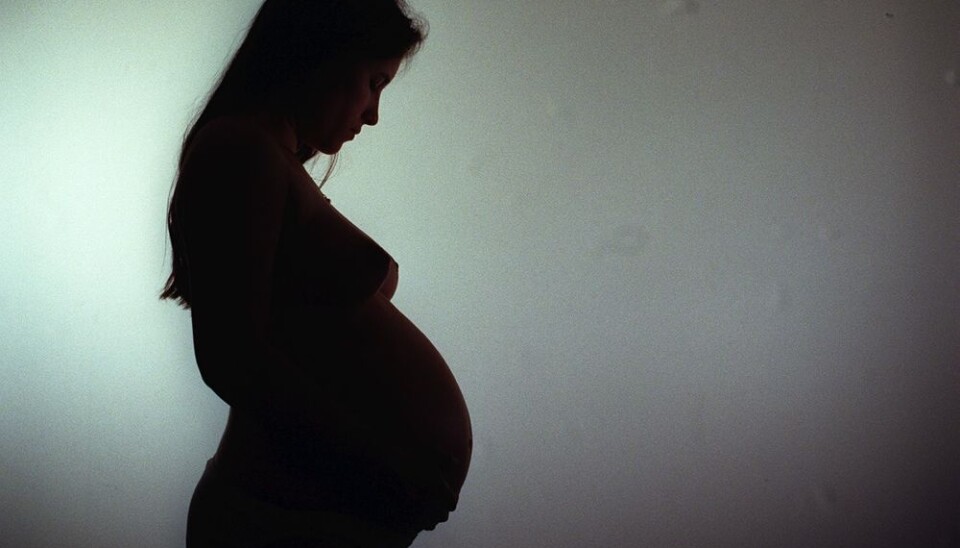
Antidepressants aren’t causing obstetric bleedings
An analysis of nearly 60,000 Norwegian women dispels perceived risks of vaginal bleedings from use of antidepressant medications during pregnancies.
Denne artikkelen er over ti år gammel og kan inneholde utdatert informasjon.
Antidepressants have been reported for years to occasionally cause abnormal uterine or gastrointestinal bleedings. Could medications against depression also raise chances of vaginal bleedings during pregnancies?
A group of Norwegian researchers decided to find out with the aid of data from the Norwegian Mother and Child Cohort Study (MoBa).
MoBa is one of the extensive and unique health registers in Norway which give medical researchers a more powerful tool than is found elsewhere, because the registers comprise almost everyone in the country – not just a selection.
No confirmation of US results
It’s known that a possible side effect of antidepressants is an elevated risk of gastrointestinal bleedings. This is because the medication has certain anticoagulation properties.
Some doctors who treat pregnant patients who suffer depression or anxieties have been concerned about prescribing antidepressants in fear of causing vaginal bleedings.
A recently publicised US study described a finding that women who at the time of delivery were using the antidepressants known as SSRIs ran nearly a 50 percent higher risk of major bleedings after giving birth, compared to a control group of other pregnant women.
SSRIs (selective serotonin reuptake inhibitors – sometimes called “happy pills”) are the most common form of psychotropic medications used against anxiety and depression. Brand names include Cipralex, Prozac, Cipramil, Seroxat and Zoloft.
“But we didn’t know whether this was also a problem during pregnancies. Nor did we know whether there were any variations in risks of bleeding between the different types of antidepressants,” says Professor Hedvig Nordeng of the University of Oslo.
“We needed to survey a large number of pregnancies to get the answer to that.”
She and other medical researchers could find that answer through the Norwegian Mother and Child Cohort Study (MoBa) from 1999-2008, which covers over 90,000 pregnant women.
All in all, data on 57,279 of these women were included in their study. About one percent of these women used antidepressant drugs during their pregnancies.
No increased risk
The University of Oslo researchers compared women who had used two types of antidepressants with a control group of women who neither suffered depression nor used such medications.
The researchers took a host of other vital factors into account such as age differences, the number of children these women had from before, the women’s body mass indexes, history of smoking, use of other medications, earlier miscarriages and the severity of their depressions.
“We found no increased risk of vaginal bleeding, neither in the first or second trimesters, nor after giving birth,” reports Research Fellow Angela Lupattelli, who took part in the study.
In this large cohort group of women they also encountered no differences regarding bleeding risks among the types of antidepressants.
“So our findings do not confirm those in the American study.”
Putting off treatment appears to be counterproductive
“On the other hand, we found that the women who had symptoms of depression during their pregnancies, and did not use antidepressants, ran a 20 percent greater risk of such bleedings in the first trimester or in the mid-term of their pregnancies,” says Lupattelli.
This means that as far as risks of bleedings are concerned, it appears to be detrimental for pregnant women who suffer depressions to refrain from using antidepressants.
How come? One explanation might be that women who don’t seek treatment for a depression tend to take less care of themselves, or use more alcohol or other harmful substances than women who seek medical help and are prescribed drugs for depression.
------------------------
Read the Norwegian version of this article at forskning.no
Translated by: Glenn Ostling




































